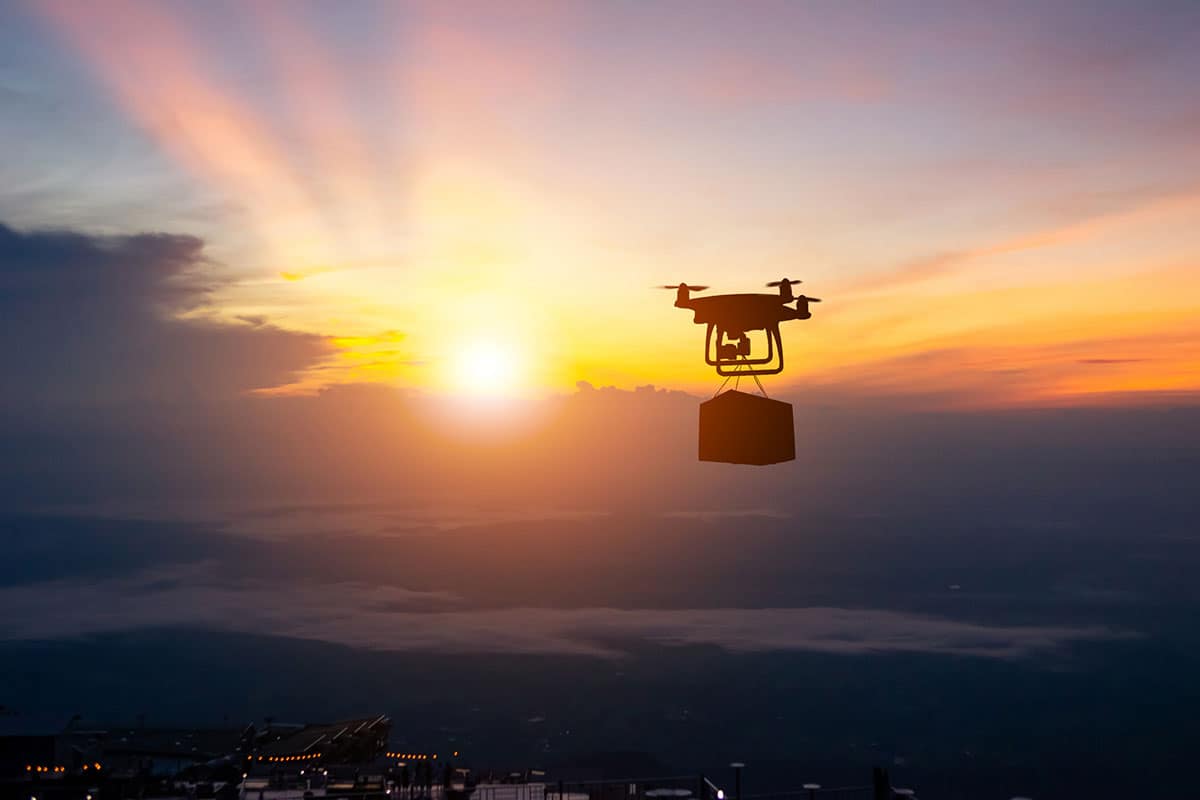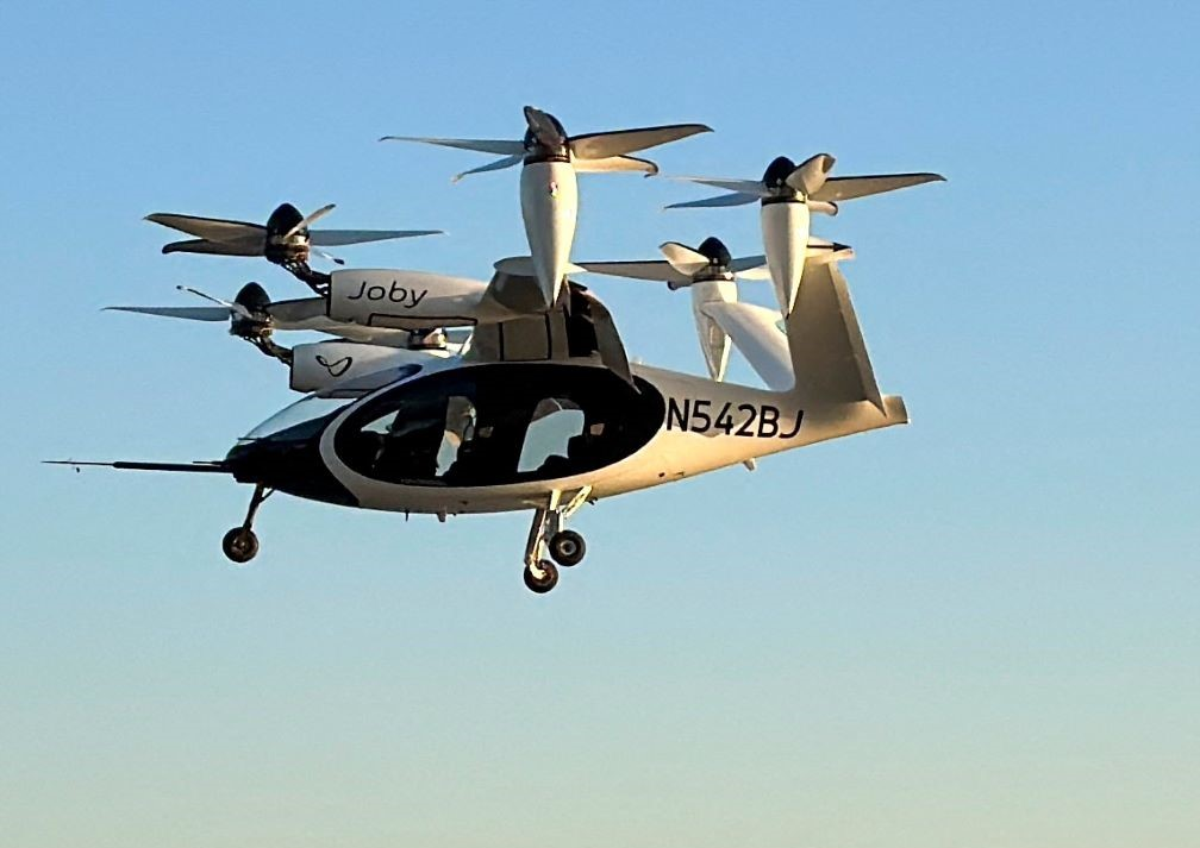Researchers from Embry‑Riddle Aeronautical University are conducting a systematic evaluation of the impact of Advanced Air Mobility (AAM) vehicles, such as air taxis and autonomous air delivery aircraft, on airport operations at Orlando International Airport.
The project, which uses advanced simulation modeling, is a collaboration between the Greater Orlando Aviation Authority (GOAA), which operates and manages Orlando International Airport; Embry‑Riddle’s College of Aviation; and the university’s Center for Aerospace Resilient Systems (CARS).
The study will consider how to increase safety and air traffic flow efficiency with the integration of AAM aircraft into existing airport operations.
“Through this research, Embry‑Riddle and GOAA aim to stay at the forefront of aviation innovation and to provide valuable insights for policymakers, industry leaders and other stakeholders regarding the future of aerial transportation,” said Dr. Victor Fraticelli Rivera and Dr. Robert Thomas, assistant professors of Aeronautical Science, in a joint statement.
The collaboration with Embry‑Riddle, renowned for its aviation and aerospace higher education and research, is part of GOAA’s positioning as a leader in the adoption of AAM operations and as an AAM hub.
“Our partnership with Embry‑Riddle symbolizes a commitment to solidify Florida as the leader in this emerging technology,” said Kevin J. Thibault, CEO of GOAA. “By using modeling software to explore how AAM vehicles may impact airport operations, along with learning more about how to integrate AAM into controlled airspace, we will be better prepared to begin testing for real-world scenarios.”
The project will involve graduate students trained in the latest simulation modeling software and the technical support of CARS and its director of operations, Carlos Castro-Peña. Results of the project will be delivered to GOAA by the end of 2024 and will likely be published at conferences and in peer-reviewed journals.













